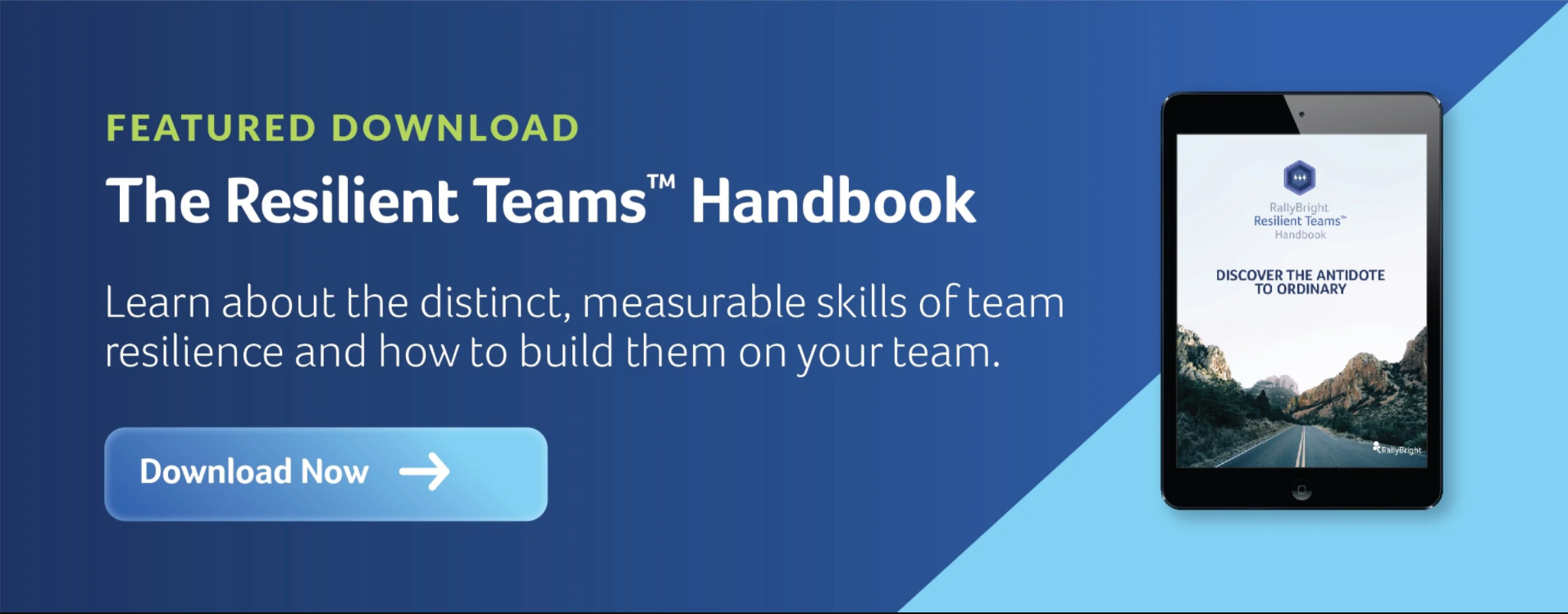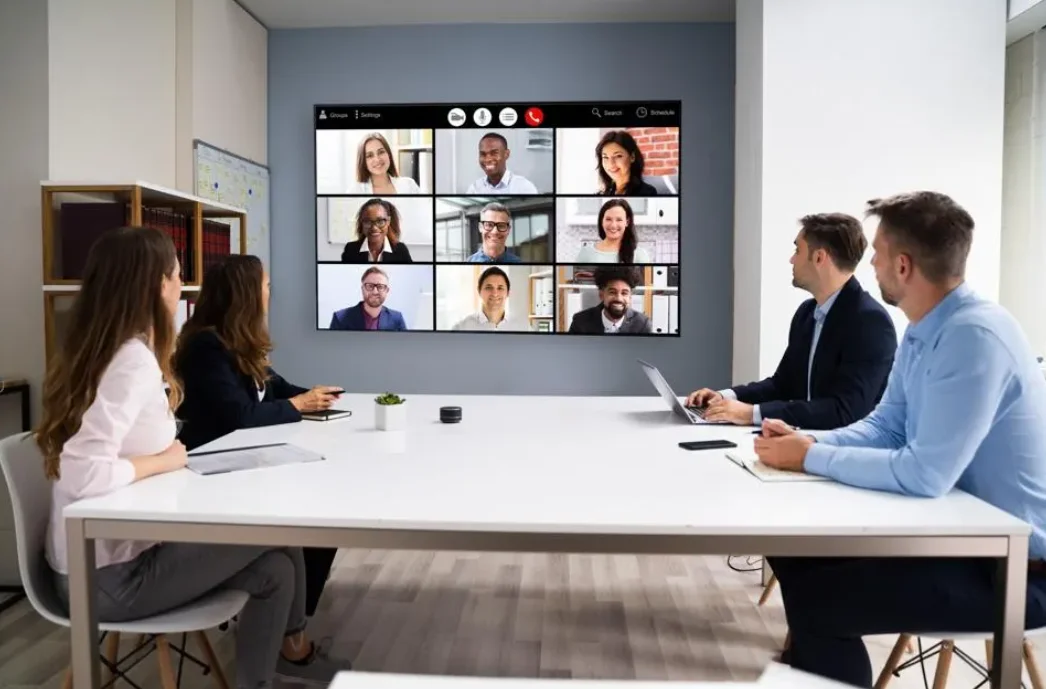Everyone’s had a bad team-building experience. Maybe the facilitator wasn’t invested, maybe your coworkers seemed bored, or maybe the workshop didn’t seem like it was meant for you.
Generalized workshops tend to backfire on their organizations. Instead of feeling unified and driven, employees can feel demoralized.
What, then, can you do to get the most out of a team-building workshop?
Promote Healthy Communication
Before you get a team-building workshop on the calendar, check in with your staff. What’s the atmosphere like around your office? How well do your employees communicate with one another? Are there any communication blocks between departments or supervisors? Is there conflict, and if so, is it healthy?

You’ll need to understand the general feel of your office to determine which team-building activities will serve it best. Don’t be afraid to ask your staff what they’d like to get out of a team-building workshop. While surprise events are fun in their own right, talking with your staff will result in a more successful workshop.
Agree on a Common Goal
Unfortunately, one team-building workshop can’t touch on all of your staff’s goals. As you’re setting one up, then, you’re going to need to decide what objective you want to accomplish. Do you want to ease communication around the office? Do you want to increase trust levels between departments? Do you want to force your staff to branch out creatively?
Again, communicating with your people about their goals will help you choose an objective for your team-building workshop. Send out a survey or chat casually with individual team members. Once you have a general consensus, you can reach out to a third party and start planning your workshop.
Delegate, Delegate, Delegate
You don’t have to take on the work of planning a team-building workshop on your own. Reach out to your fellow managers to delegate responsibilities. Not only will your colleagues be able to help you with the semantics of workshop planning, but they’ll also be able to help keep your team’s energy high as the workshop approaches. Additionally, after the workshop these fellow managers can help you keep the cooperative momentum in your office going.
Lead by Example
If your team seems reluctant to buy into the cooperative nature of a team-building workshop, you’ll need to step in. Don’t demand cooperation, though. Model it, instead.
Say the workshop planner you’ve invited into the office wants your staff to play a game called “The Perfect Fit.” In this game, you all have to work together to get seven people to stand on a phone book – at the same time.
Naturally, some people will be reluctant to get started. If no one’s moving forward to participate, you’ll need to lead the charge. Work with the workshop facilitator to find your footing, and before long, your employees will join you.
Get out of the Office
Not all team-building workshops need to take place in your office. If you want your staff to stretch their legs, schedule a workshop that takes you all out of the office. This can be an afternoon spent at a laser tag arena, a lunch partnered with a lecture, or a city-wide scavenger hunt. Get creative! Your team members will be reinvigorated after spending time away from their desks, and escaping the confines of the office – no matter how nice it is – will let them more comfortably and casually interact with one another.
Support Your Team After the Workshop
Spirits are likely to be high after your workshop comes to an end. To prevent that energy from fizzling out and ensure the workshop’s lessons take root at the office, you’ll need to work with your fellow managers. A day or two after the workshop, send out a survey out your team. Ask them what they liked about the workshop and what could be improved. Remind them what their goals were and how the workshop was designed to inspire them.
Most importantly, coach any positive habits you saw developing during the workshop. When your team members know you support their growth, they’ll be more willing to experiment with new and creative practices.
Keep Team-Building Workshops on the Calendar
Finally, make sure that your team-building workshops aren’t one-off events. Consistent and positive team-building workshops not only keep morale high around the office, but also provide your staff with a sense of communal stability. Additionally, scheduling regular team-building workshops will help you retain the momentum you gained at your first event.
You can choose to work with the same facilitator you did during the first workshop, or you can shop around for a new and exciting experience. Either way, by giving your staff consistent opportunities to bond and grow professionally, you’ll keep creative energy flowing.
Team-building workshops are wonderful opportunities to build unity, boost creativity and improve communication at your office. To make your next workshop as successful as possible, work with the people around you. An event founded in collaboration is one that will foster cooperation in the weeks and months to come.


